Visit us
Lorem Ipsum is simply dummy text of the printing and typesetting industry. Lorem Ipsum has been the. mohit
Book a tour
At its core, our school holds the right of children and young adults to an educational environment that sustains a bold and joyful approach to learning. By promoting creativity and real-world experiences, we connect learning to the life of our community, making it meaningful and creating a sense of belonging. Through mutual respect, our students understand both how to be brave with their voices and what it means to participate in a democratic environment.
Each child is uniquely situated in the context of family and culture, bringing prior knowledge, skills, and experiences. This context significantly influences what they notice about the environment and how they organise and interpret it. We uphold the rights and potential of all our children to become contributing members of a group that values them for who they are. Developing respectful relationships with children and families is central to our approach.
Education and care is a cooperative and collaborative process between the children, families and staff. All are considered vital and active participants. Through a culture of mutual respect, we can promote the rights and potentials of all these members of our community.
Children actively construct knowledge and understanding in response to interactions with their environment and the social relationships that surround them. Therefore, we best promote children’s growth and development by providing authentic and meaningful experiences and social relationships.
We prioritise learning opportunities that build collaboration skills as knowledge and understanding grow from learning with and from others. Educators should also be immersed in a collaborative environment to support their growth and learning.
Authentic learning relates to the real life of our community and what matters to our children. Meaningful learning occurs best through an approach that listens to children through their voices, gestures and inquiries..
There are many ways to learn, communicate and understand the world. Artistic forms of knowing allow people to see beyond their worlds and “what is” into other worlds of “possibility”. We value the power of the arts to bring young children’s ‘voices’ to the community.
Place and nature connect us to the local and global community. Thoughtful actions can positively impact the world and communities around us. We believe in providing experiences that connect our children to the natural world and surrounding communities.
The intentional organisation, management and design of environments, materials and relationships can impact the quality of the care and educational environment. We seek to establish stable groupings of children and educators, reflected in how we organise our classes and staffing.
Bold Park Community School’s innovative educational philosophy seeks to consider the whole child in the context of a community of learners. We strive to provide a learning environment that promotes mutual respect, shared learning, creativity, imagination, problem solving and participation in the life of the community.
At its roots, BPCS continues to embrace the educational theory of social constructivism, inspired by the educational practice of educators in Reggio Emilia. Social constructivism proposes that knowledge is actively constructed by learners in response to interactions with their environment and that meaning and understanding grow out of social encounters. The child is active in this process and the image of the child as strong and capable supports us in our social constructivist practice.
At BPCS we consider children, as unique individuals who are powerful contributors to their own learning, not empty vessels ready to be filled with knowledge. For this reason purposeful learning experiences where students share, brainstorm, debate, reflect upon, critique and create together, and that touch their interest, curiosity or motivation to learn are pursued as the curriculum outcomes are woven throughout projects and learning experiences.
Social Constructivist practise can be seen first hand in our whole class meetings, a small group word study lesson, a brainstorm session to design a frog pond in the school grounds or when a group of students is reflecting upon and writing about the success of their school drama and dance production.
Our approach to learning with a collaborative, project-based mind-set is well summarised in this brief video on Authentic Project-Based Learning.
Bold Park Community School’s innovative educational philosophy seeks to consider the whole child in the context of a community of learners. We strive to provide a learning environment that promotes mutual respect, shared learning, creativity, imagination, problem solving and participation in the life of the community.
At its roots, BPCS continues to embrace the educational theory of social constructivism, inspired by the educational practice of educators in Reggio Emilia. Social constructivism proposes that knowledge is actively constructed by learners in response to interactions with their environment and that meaning and understanding grow out of social encounters. The child is active in this process and the image of the child as strong and capable supports us in our social constructivist practice.
At BPCS we consider children, as unique individuals who are powerful contributors to their own learning, not empty vessels ready to be filled with knowledge. For this reason purposeful learning experiences where students share, brainstorm, debate, reflect upon, critique and create together, and that touch their interest, curiosity or motivation to learn are pursued as the curriculum outcomes are woven throughout projects and learning experiences.
Social Constructivist practise can be seen first hand in our whole class meetings, a small group word study lesson, a brainstorm session to design a frog pond in the school grounds or when a group of students is reflecting upon and writing about the success of their school drama and dance production.
Our approach to learning with a collaborative, project-based mind-set is well summarised in this brief video on Authentic Project-Based Learning.
Bold Park Community School’s innovative educational philosophy seeks to consider the whole child in the context of a community of learners. We strive to provide a learning environment that promotes mutual respect, shared learning, creativity, imagination, problem solving and participation in the life of the community.
At its roots, BPCS continues to embrace the educational theory of social constructivism, inspired by the educational practice of educators in Reggio Emilia. Social constructivism proposes that knowledge is actively constructed by learners in response to interactions with their environment and that meaning and understanding grow out of social encounters. The child is active in this process and the image of the child as strong and capable supports us in our social constructivist practice.
At BPCS we consider children, as unique individuals who are powerful contributors to their own learning, not empty vessels ready to be filled with knowledge. For this reason purposeful learning experiences where students share, brainstorm, debate, reflect upon, critique and create together, and that touch their interest, curiosity or motivation to learn are pursued as the curriculum outcomes are woven throughout projects and learning experiences.
Social Constructivist practise can be seen first hand in our whole class meetings, a small group word study lesson, a brainstorm session to design a frog pond in the school grounds or when a group of students is reflecting upon and writing about the success of their school drama and dance production.
Our approach to learning with a collaborative, project-based mind-set is well summarised in this brief video on Authentic Project-Based Learning.
Bold Park Community School’s innovative educational philosophy seeks to consider the whole child in the context of a community of learners. We strive to provide a learning environment that promotes mutual respect, shared learning, creativity, imagination, problem solving and participation in the life of the community.
At its roots, BPCS continues to embrace the educational theory of social constructivism, inspired by the educational practice of educators in Reggio Emilia. Social constructivism proposes that knowledge is actively constructed by learners in response to interactions with their environment and that meaning and understanding grow out of social encounters. The child is active in this process and the image of the child as strong and capable supports us in our social constructivist practice.
At BPCS we consider children, as unique individuals who are powerful contributors to their own learning, not empty vessels ready to be filled with knowledge. For this reason purposeful learning experiences where students share, brainstorm, debate, reflect upon, critique and create together, and that touch their interest, curiosity or motivation to learn are pursued as the curriculum outcomes are woven throughout projects and learning experiences.
Social Constructivist practise can be seen first hand in our whole class meetings, a small group word study lesson, a brainstorm session to design a frog pond in the school grounds or when a group of students is reflecting upon and writing about the success of their school drama and dance production.
Our approach to learning with a collaborative, project-based mind-set is well summarised in this brief video on Authentic Project-Based Learning.
Bold Park Community School’s innovative educational philosophy seeks to consider the whole child in the context of a community of learners. We strive to provide a learning environment that promotes mutual respect, shared learning, creativity, imagination, problem solving and participation in the life of the community.
At its roots, BPCS continues to embrace the educational theory of social constructivism, inspired by the educational practice of educators in Reggio Emilia. Social constructivism proposes that knowledge is actively constructed by learners in response to interactions with their environment and that meaning and understanding grow out of social encounters. The child is active in this process and the image of the child as strong and capable supports us in our social constructivist practice.
At BPCS we consider children, as unique individuals who are powerful contributors to their own learning, not empty vessels ready to be filled with knowledge. For this reason purposeful learning experiences where students share, brainstorm, debate, reflect upon, critique and create together, and that touch their interest, curiosity or motivation to learn are pursued as the curriculum outcomes are woven throughout projects and learning experiences.
Social Constructivist practise can be seen first hand in our whole class meetings, a small group word study lesson, a brainstorm session to design a frog pond in the school grounds or when a group of students is reflecting upon and writing about the success of their school drama and dance production.
Our approach to learning with a collaborative, project-based mind-set is well summarised in this brief video on Authentic Project-Based Learning.
Intentionally designed classroom environments provide collaborative, creative, and flexible learning opportunities. The spaces are adaptable, materials curated, and learning journeys integrated. By immersing students in the natural world and arts-based environments, we engage their whole body senses. These embodied experiences link thinking with feeling and promote lasting learning.
“The outstanding skilled teachers who truly care for each child and navigate the social and emotional skills building at this age. We never underestimate how important and how special this is at BPCS. We also love the opportunity for older children to continue to play (Wildspace etc)”
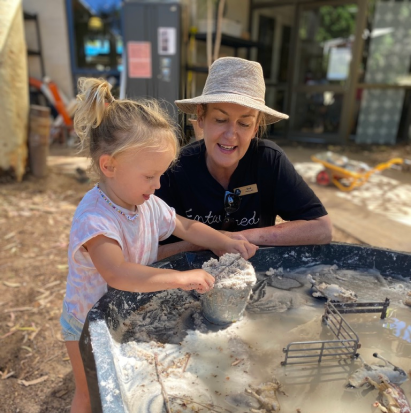

Healthy social relationships and a sense of connection to a community are central to thriving in life. We put relationships at the heart of our school experience through nurturing mutual respect. Upholding rights and responsibilities and valuing diversity underpin healthy relationships and a democratic society.
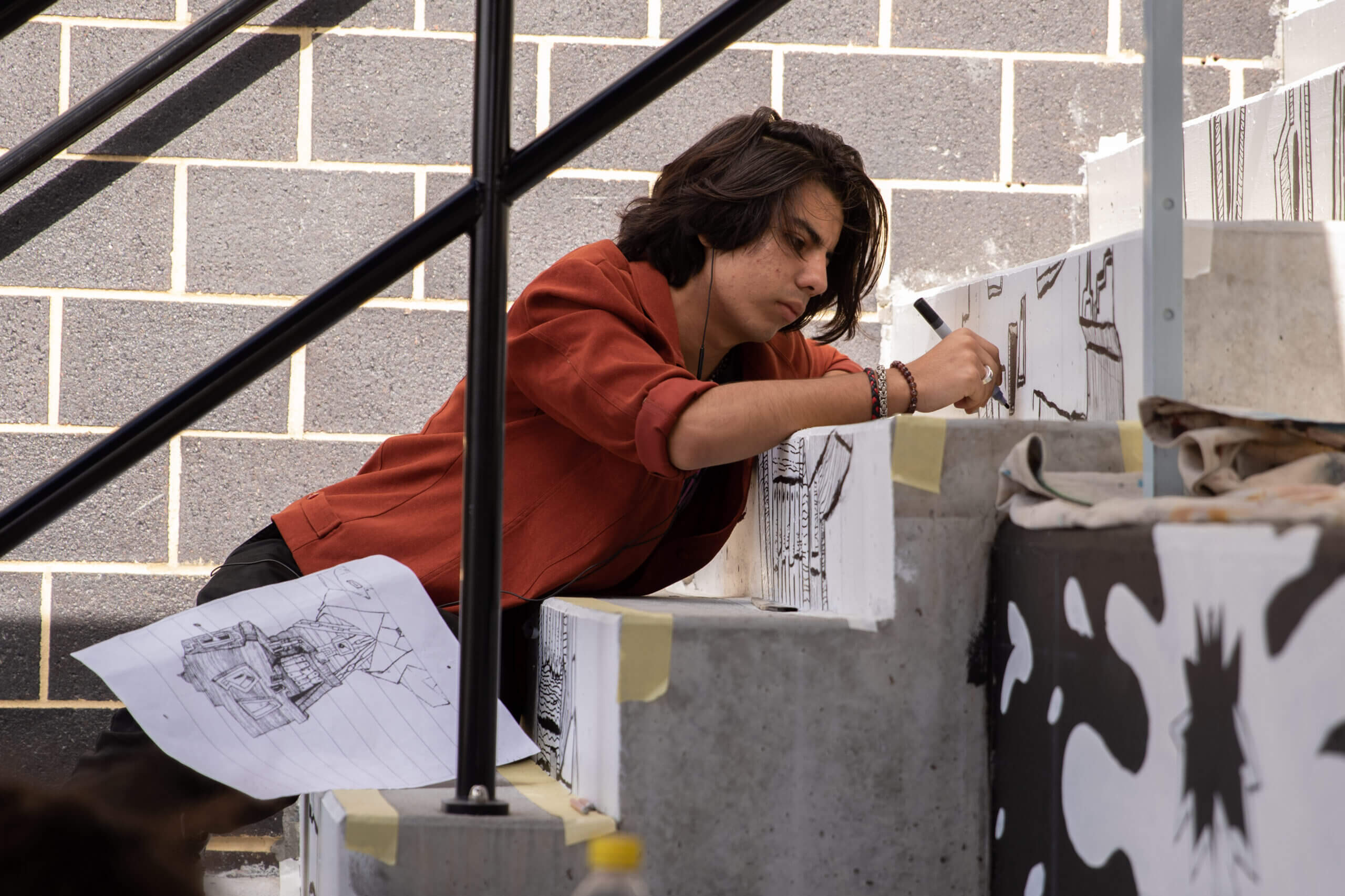
“Knowing I am leaving my kids with teachers who genuinely care about their wellbeing and that
have wonderful resources to support them.”


Our project-based approach integrates students’ interests and passions, creating a context for meaningful learning. By fostering collaboration and teamwork, project-based learning offers opportunities to work with and for others, inspiring the pursuit of creative common goals. These experiences also help develop essential self-management and communication skills, providing genuine preparation for life’s challenges and opportunities.
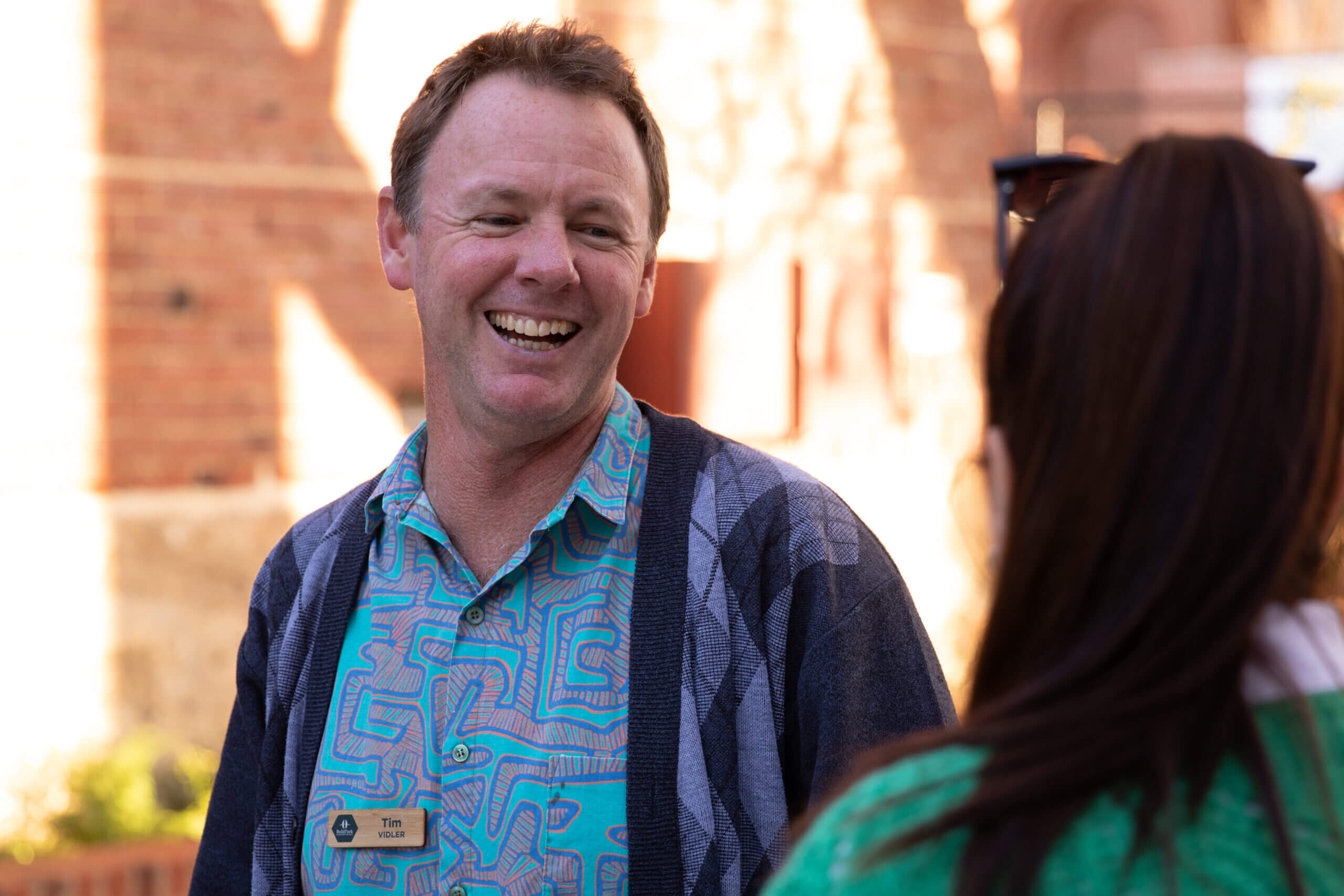
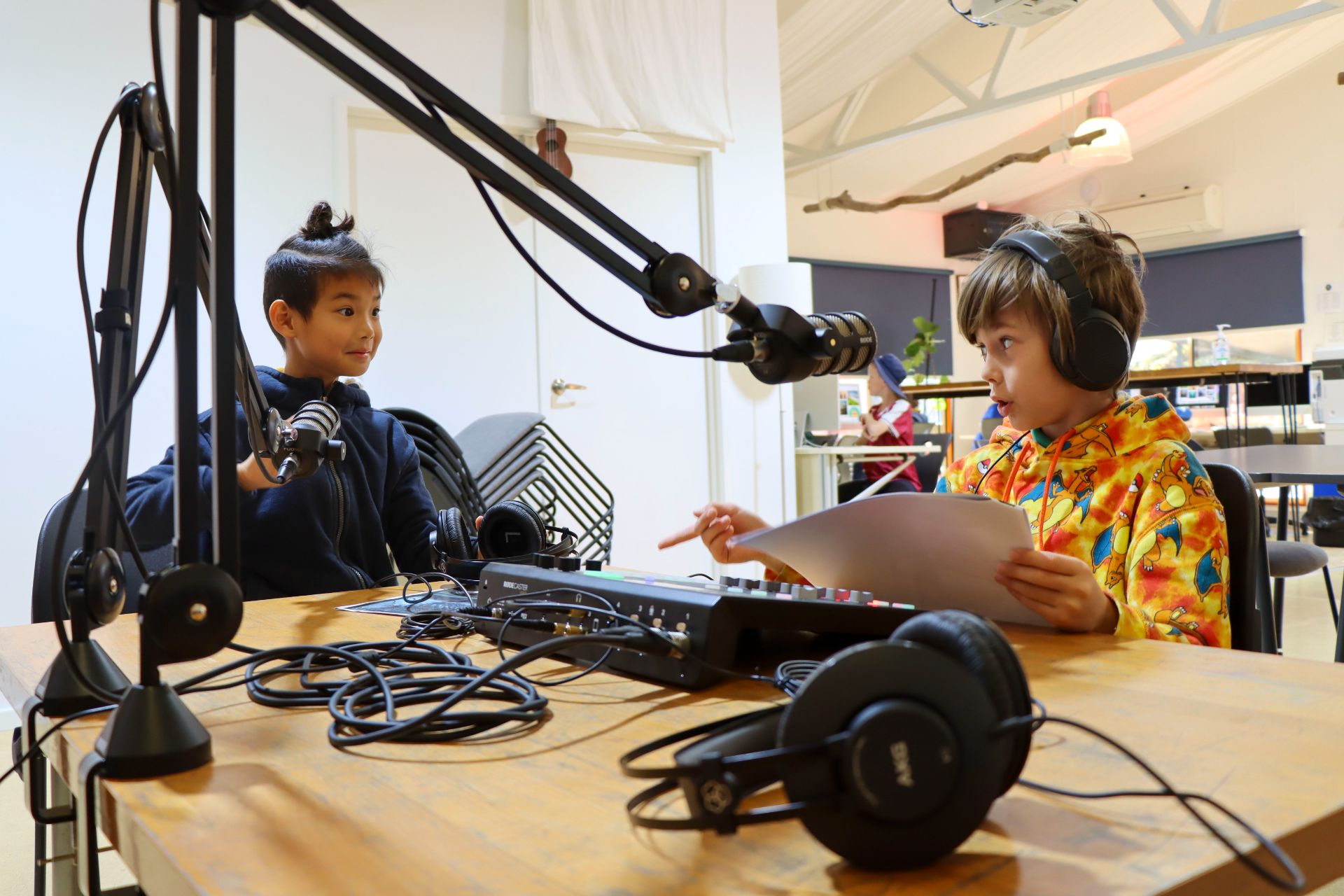
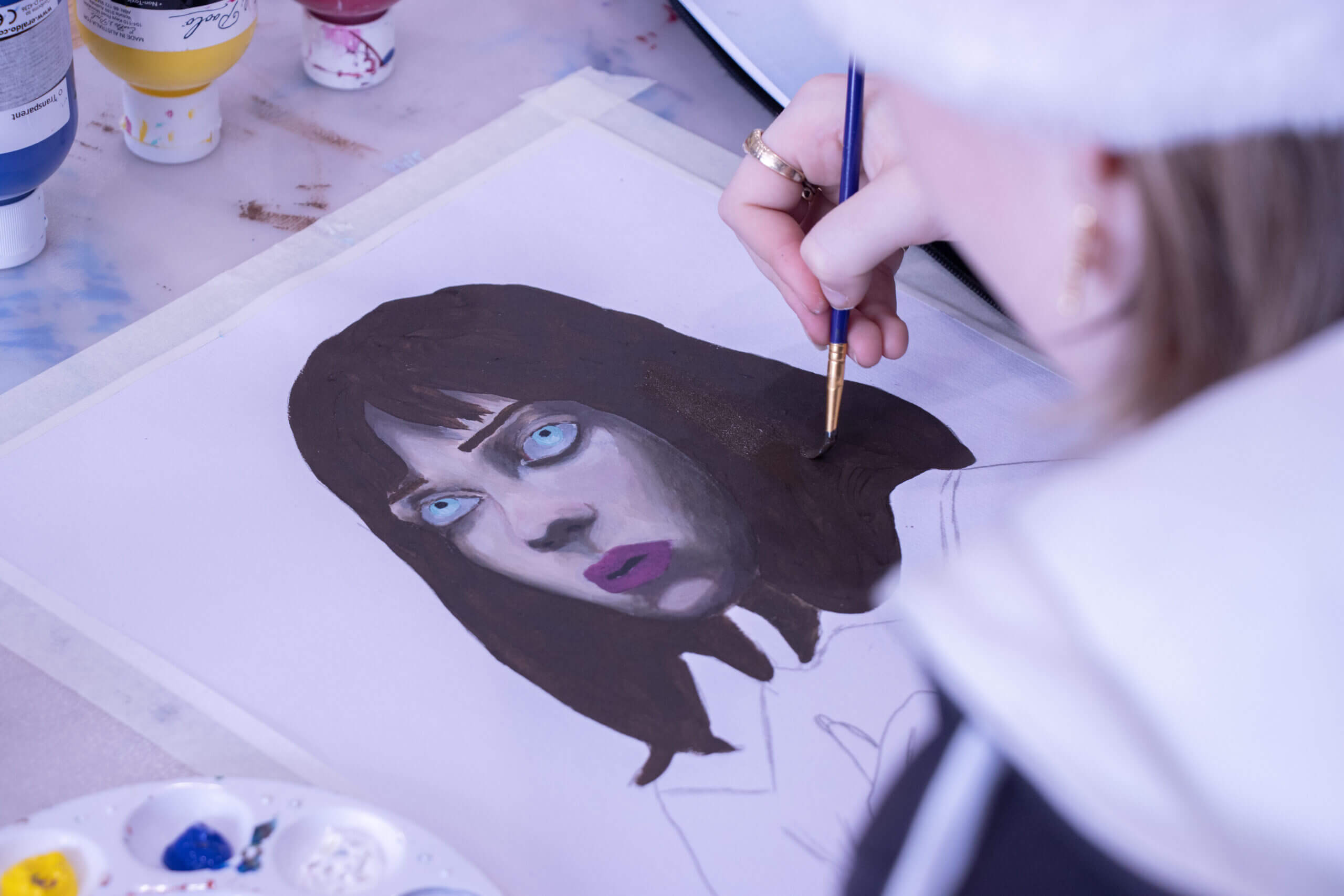
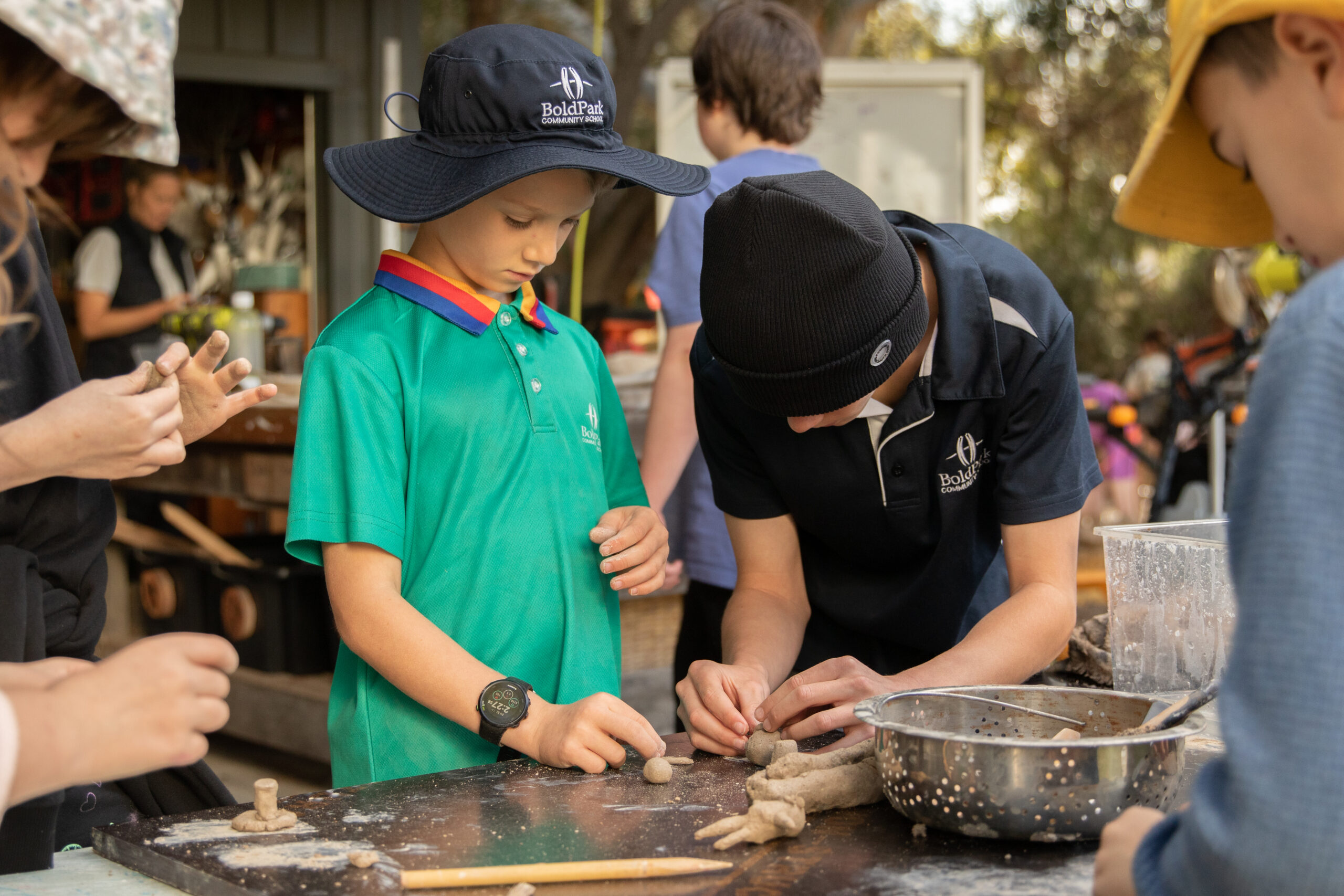

In a complex world where creativity and collaboration are more important than ever, playful learning is a powerful pedagogy. Imagination, problem-solving, and perseverance are all witnessed in play. We see these as powerful allies to learning, and we are proud to offer a school environment that allows educators to keep alive the choice, wonder and meaningfulness experienced through play. We recognise that it is not always easy to balance the expectations of ‘schoolwork’ and embrace the vitality of children’s expressions and responses. Still, it is a tension we fully accept and one that our educators readily lean into.
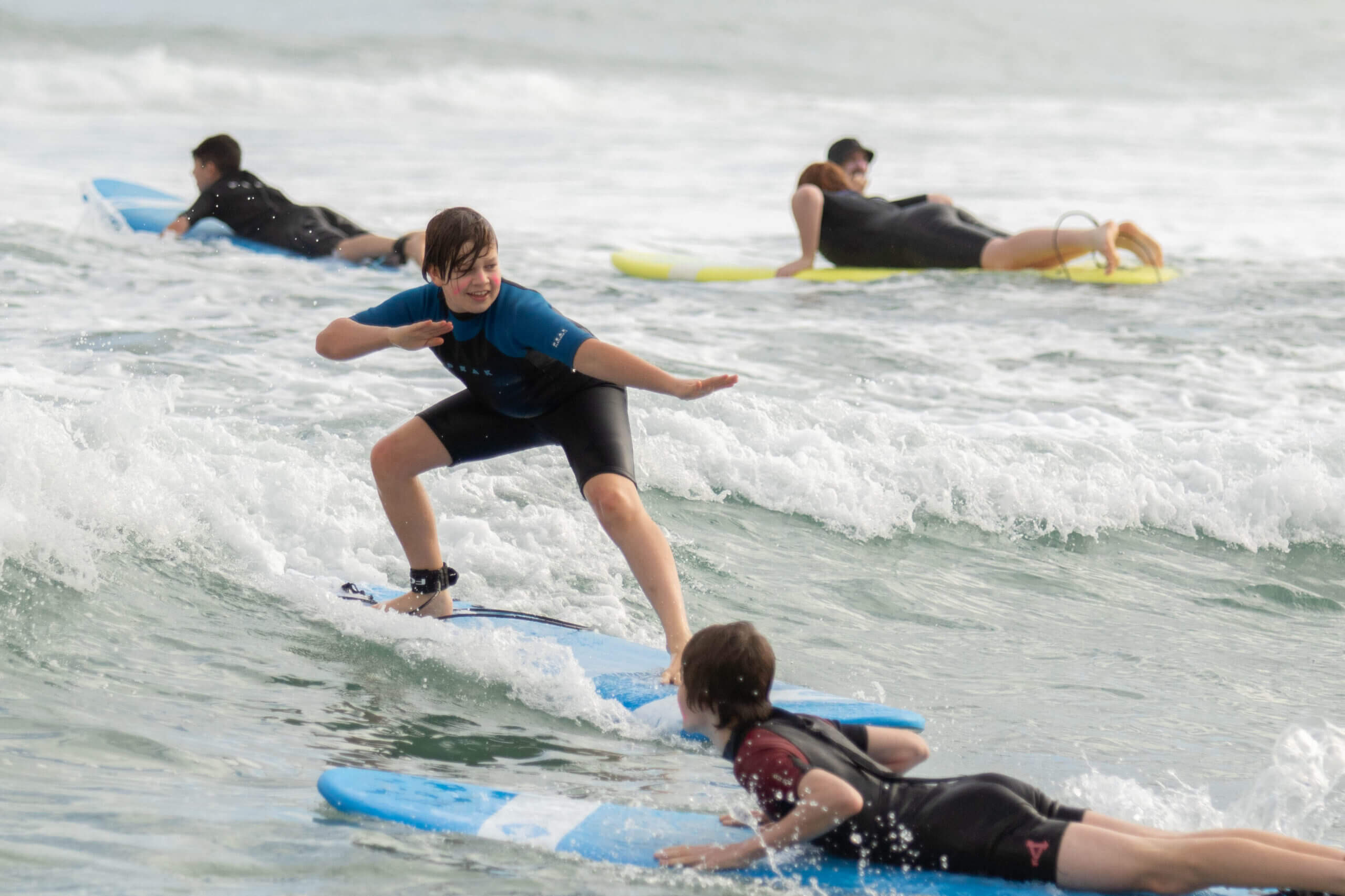
“The child led learning focus. Focus on play based learning and adaptable approach to help each child have their needs met.”

While each class follows a predictable rhythm to their day, the absence of bells or sirens on our campuses creates a sense of unhurriedness. Moreover, it allows our educators some flexibility in determining a flow to the day that best suits their class. We allow time in the day for group planning and reflection, conversations about what we are learning and why; group resolutions or decision-making. Many of our classes are grouped in broad age bands to allow for greater flexibility in pacing learning to our learner’s requirements.
“Every child is seen as a whole being. There is an overall great sense of acceptance and
inclusion. I love that you are so child centred and you go gently, playing the long game.”
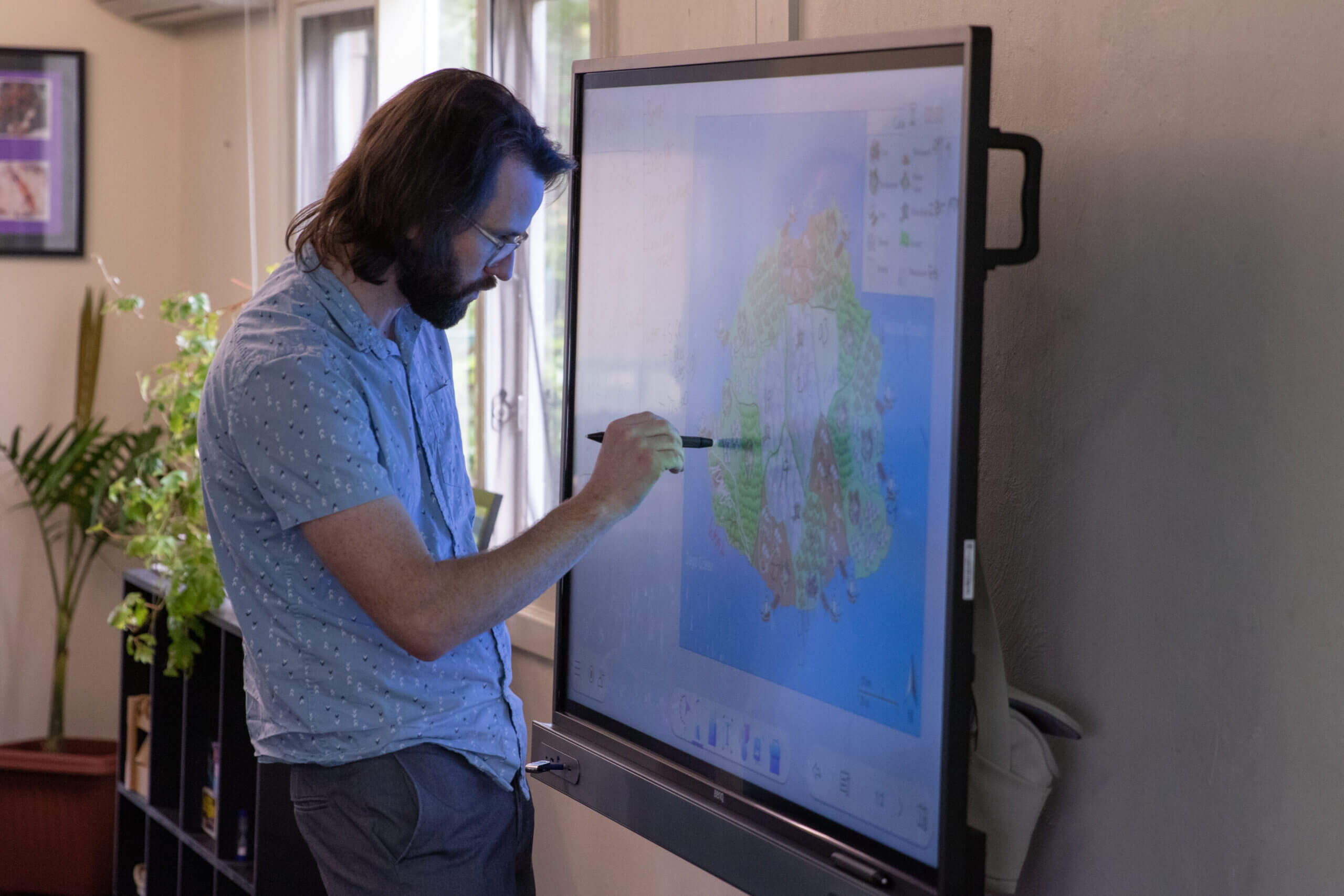
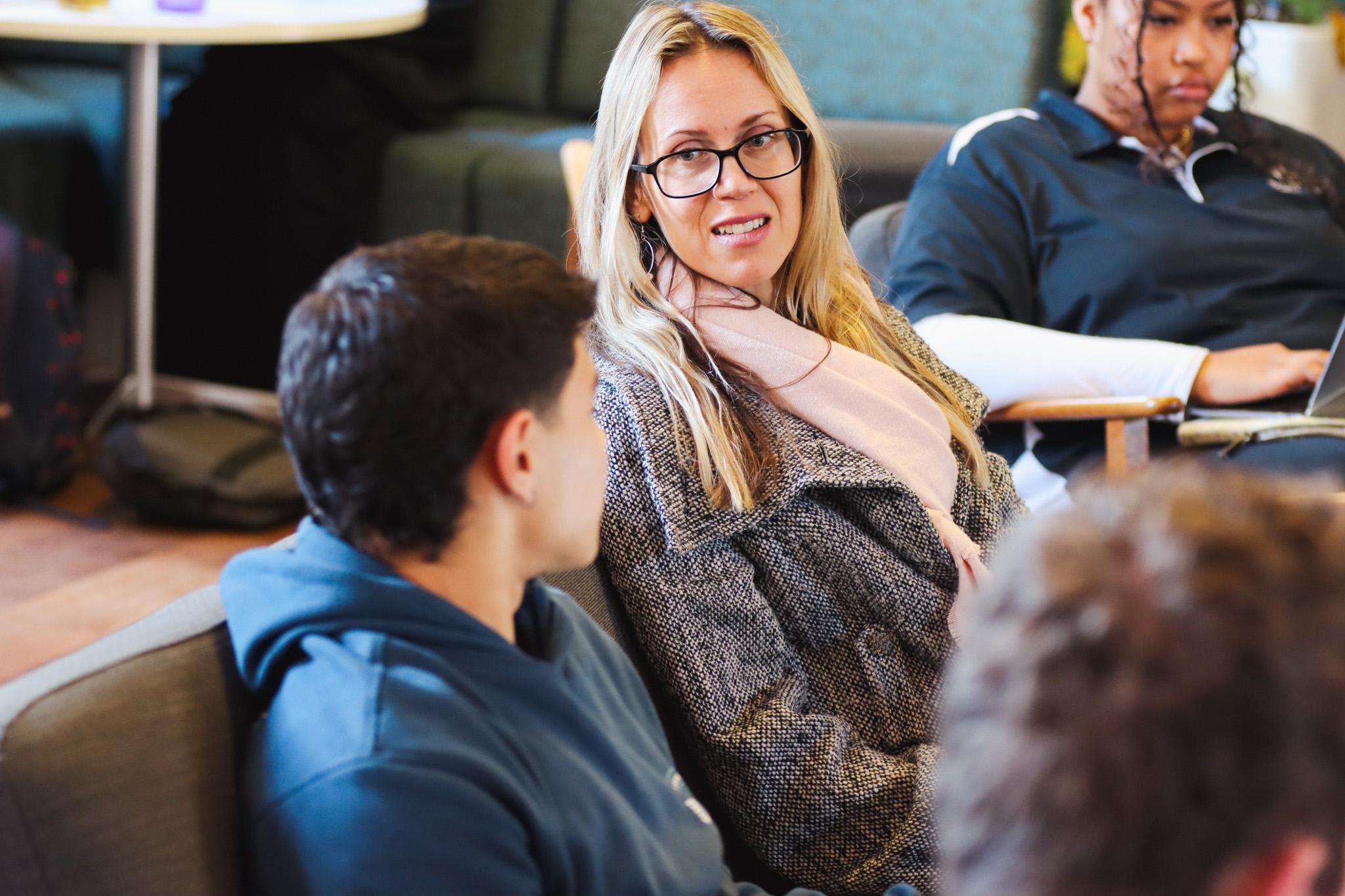
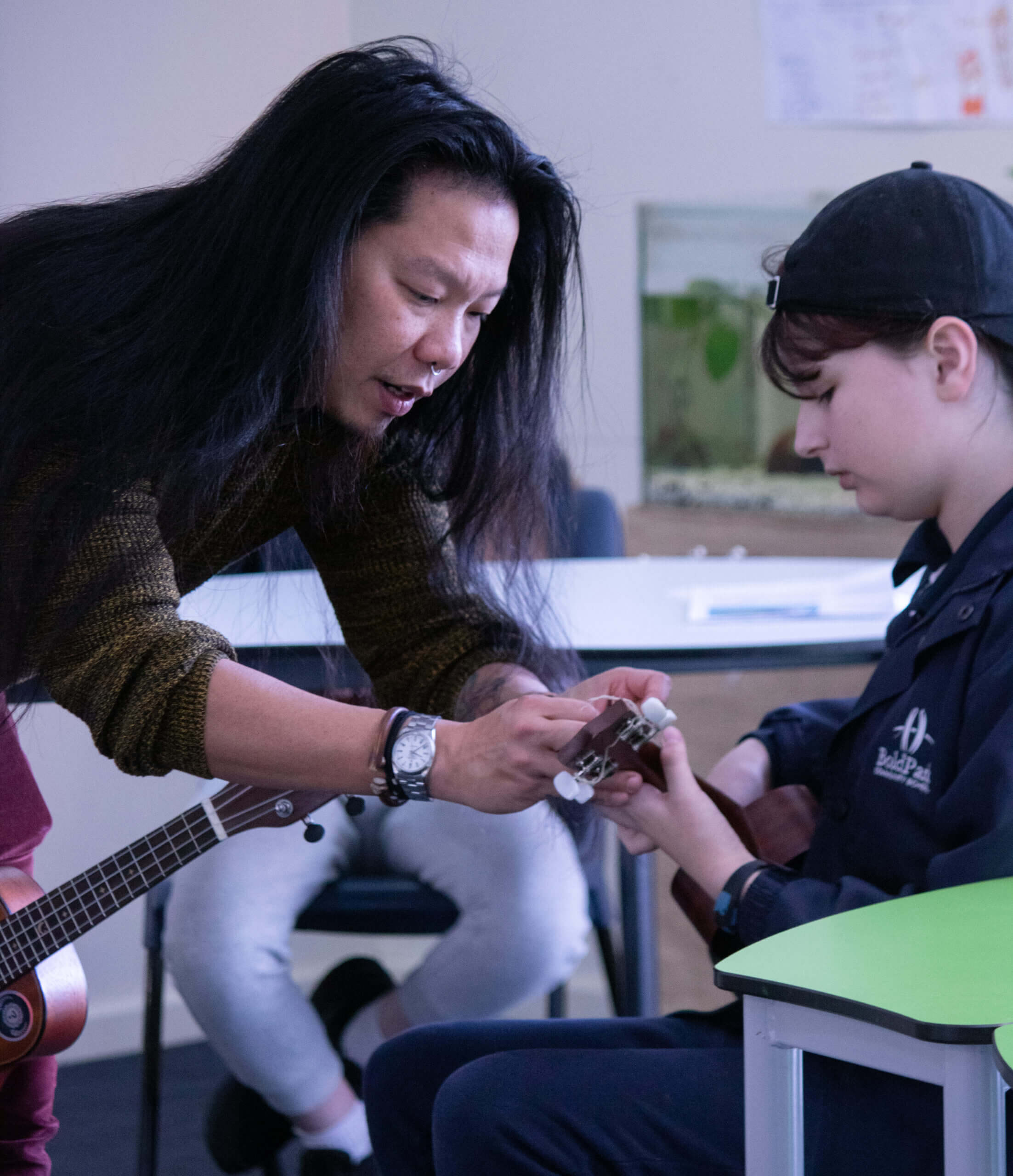

Bold Park Community College boasts a team of exceptional educators dedicated to inspiring and empowering students. The basic unit of every classroom teaching group consists of a lead educator and a co-educator. This generous teacher-student ratio allows us to know our students truly. We are firmly committed to developing our teachers’ professional practice and knowledge. For this reason, our classes finish every Wednesday at lunchtime to allow our educators to participate in professional learning opportunities. This leading professional environment provided for our teachers means they are well-positioned to develop innovative and best-practice environments for our students.
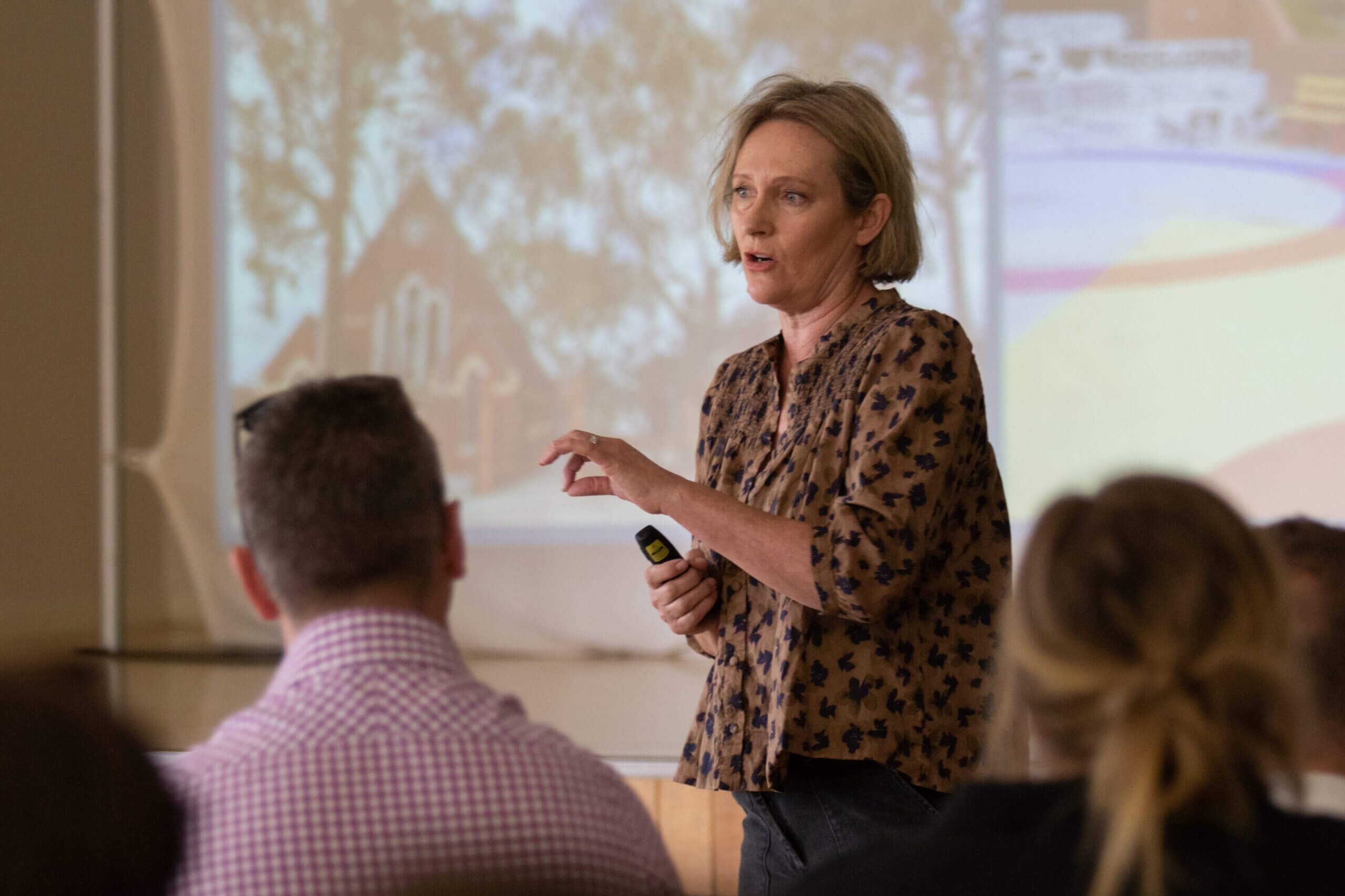
“Appears to be very good levels of oversight by the school from teacher, team leader to
Principal/Pedagogista. Team leader/s appear present, visible and highly involved (to appropriate
levels) and offer strong on the ground assurance on the delivery of school performance.”

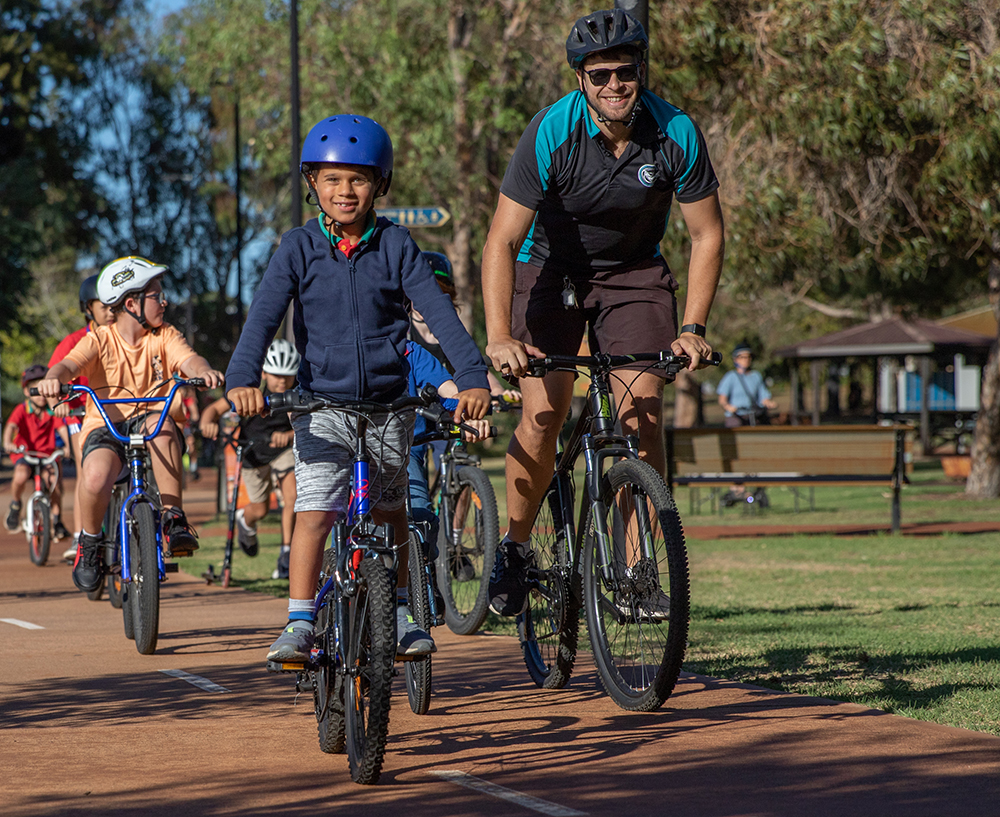
"My child is happy and absolutely loves going to school at Bold Park. I love how the School puts my child’s welfare before anything else."
-
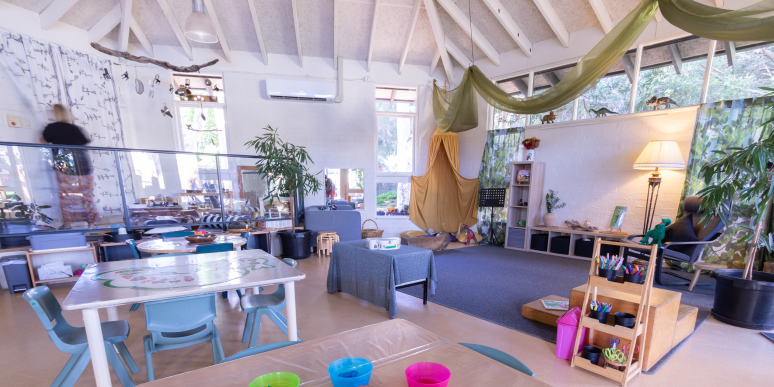
Come And Experience The Bold Park Difference For Yourself.
Book A TourSpeak to our Community Engagement Coordinator
E-mail: CommunityEngagement@BoldPark.com
Phone: +61 8 9387 5050